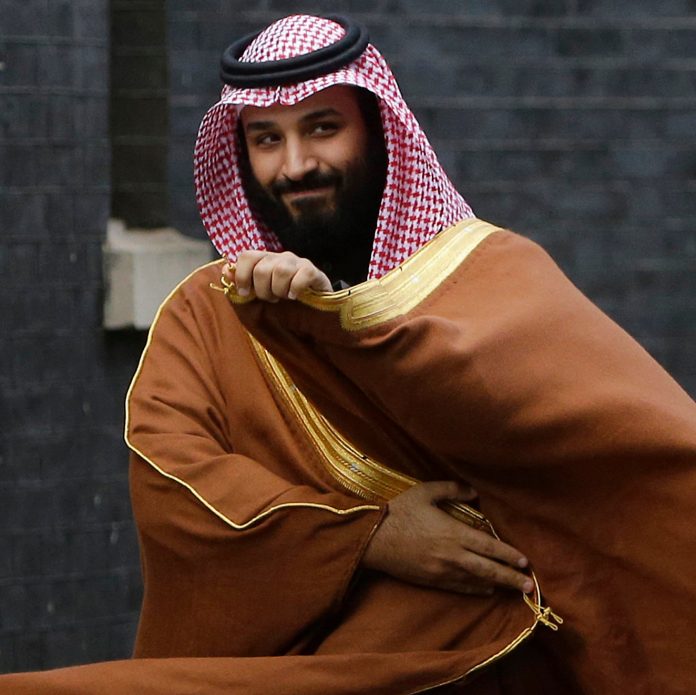“We do not want Iran’s situation to be difficult. On the contrary, we want Iran to grow … and to push the region and the world towards prosperity.
RIYADH: Saudi Arabia’s crown prince Mohammed bin Salman has struck a conciliatory tone towards the kingdom’s arch-nemesis, Iran, saying he sought “good” relations after reports the rivals held secret talks recently in Baghdad.
The two countries, locked in a fierce struggle for regional dominance, cut ties in 2016 after Iranian protesters attacked Saudi diplomatic missions following the kingdom’s execution of a revered Shia cleric. “Iran is a neighbouring country, and all we aspire for is a good and special relationship with Iran,” Saudi Crown Prince Mohammed bin Salman (MBS) said in a television interview broadcast with the Middle East Broadcasting Center.
“We do not want Iran’s situation to be difficult. On the contrary, we want Iran to grow … and to push the region and the world towards prosperity.”
MBS added that Riyadh was working with regional and global partners to find solutions to Tehran’s “negative behaviour”, mentioning Tehran’s nuclear and programmes and support for proxies around the Middle East.
“We hope to overcome them and build a good and positive relationship with Iran that would benefit everyone,” Prince Mohammed said during the interview that lasted 90 minutes.
This marks a change in tone compared to Prince Mohammed’s previous interviews, in which he lashed out at Tehran, accusing it of fuelling regional insecurity. The prince did not mention any negotiations with Iran. The talks in Baghdad, facilitated by Iraqi Prime Minister Mustafa al-Kadhimi, remained secret until the Financial Times reported that a first meeting had been held on April 9.
An Iraqi government official confirmed the talks to AFP news agency, while a Western diplomat said he had been “briefed in advance” about the effort to “broker a better relationship and decrease tensions”.
Riyadh has officially denied the talks in its state-backed media while Tehran has not commented, asserting only it has “always welcomed” dialogue with Saudi Arabia.
The initiative comes at a time of shifting power dynamics as US President Joe Biden is seeking to revive the tattered 2015 nuclear deal that was abandoned by Donald Trump.
Saudi Arabia and Iran have backed opposite sides of several regional conflicts from Syria to Yemen, where a Saudi-led coalition is fighting the Houthi rebels.
Prince Mohammed also said Riyadh and Washington remain strategic partners despite disagreements on certain issues. But also stressed his country’s unwillingness to accept any pressure or interference in its internal affairs.
“We are more than 90 percent in agreement with the Biden administration when it comes to Saudi and US interests and we are working to strengthen these interests,” said the prince.
“The matters we disagree on represent less than 10 percent and we are working to find solutions and understandings… There is no doubt that the United States is a strategic partner,” he added.
Biden has made clear his administration is recalibrating the US relationship with Saudi Arabia following four years of warm times with the Trump administration. Among Biden’s first decisions was ordering an end to US support for the Saudi-led war in Yemen, while the administration repeatedly took a tougher stand on the kingdom’s human rights record. He is also the minister of defence, head of the supreme council for state run oil company Saudi Aramco, and chairman of sovereign wealth fund the Public Investment Fund, the main engine tasked with delivering on his diversification drive.
His remarks marked the fifth anniversary of Vision 2030, a programme intended to modernise the kingdom, wean the economy off oil revenues, and lure foreign investment to establish new sectors and spur job creation.
Prince Mohammed said before King Salman assumed power the “situation of the state was weak” with ministries scattered and no public policy.
“Nothing will be achieved without a strong state position that draws policies and sets strategies and aligns them with the different entities,” he said.

















